Home Cost Organ Transplant Liver Transplant

Liver transplant surgery is used to remove a damaged or failed liver that no longer functions properly and replace it with a healthy liver.
The largest internal organ, the liver, is crucial in processing nutrients, medications, and hormones. It also produces bile, which aids in absorbing fats, cholesterol, and fat-soluble vitamins.
This treatment is an option for individuals with significant complications due to end-stage chronic liver disease or sudden liver failure.
Here, you will find information about liver transplant surgery, including its essential factors and the step-by-step procedure. But first, let's start with a brief overview of why liver transplants are performed and who they are for.
A liver transplant procedure is performed to treat people with liver cancer or liver failure, which can not be treated with other treatments.
Liver failure might happen suddenly or for a long time. However, a liver transplant may treat acute liver failure.
A liver transplant is performed to treat liver failure or any chronic liver disease that can't be treated with other methods. Now, here is the procedure of how a liver transplant surgery is processed:
Before the Surgery
During the Surgery
After the Surgery
Diagnosis and Evaluation
There are other liver illnesses where transplantation is offered which include:
Polycystic liver disease, where the patient’s liver gets enlarged and it can be treated with liver transplant surgery.
In addition, when patients have symptoms such as severe itch or confusion (encephalopathy) which is not responding to standard treatments, liver transplant surgery is offered.
Individuals with liver illness such as:
List of Hospitals for Liver Transplant Surgery
List of Doctors for Liver Transplant Surgery
Complications
Conclusion
Liver transplant surgery is performed to treat severe liver cancer or liver failure that needs to be treated before it worsens. The patient undergoes several tests to determine the condition and blood samples to get the perfect match for the transplant and then the transplant will be done by the surgeons.
| Liver Transplant cost | |
|---|---|
| Treatment Name | Estimated Cost |
| Liver Transplant | 26000-32000 USD |

Medically Reviewed By
Dr. Aryan Malhotra is a highly respected and compassionate medical professional with a strong academic background. He holds an MBBS and MD degree from DTMU University in Georgia. Driven by a deep sense of duty, he is dedicated to providing exceptional care to his patients.
The average cost of Liver Transplants in India is between 26000-32000 USD.
The success rate of Liver Transplant in India is 90-95%.
Depending on the patient's recuperation, the typical length of stay in the hospital after a liver transplant is two to three weeks. Following surgery, individuals can recover at home for three to six months, but they must adhere to a strict dietary and lifestyle plan and take their prescribed medications as directed by their physician.
Although recovering from a liver transplant can take a while, the majority of patients eventually resume most of their regular activities and enjoy a high standard of living. Although you can typically start gradually increasing your activities after a few weeks, it can take up to a year to fully recover.
Liver transplants involve surgical risks like bleeding and post-transplant infections. Medications to suppress your immune system might be necessary, and there could be bile duct complications. Additional surgeries may be required, and there's a chance the new liver might not function properly. These are key considerations for liver transplant candidates.
Physical therapy, or PT for short, combines exercise, physical activity, and other therapies like massage to help a person's body heal and strengthen after an injury, sickness, or procedure, as well as to relieve pain. Gross motor abilities, which include motions like rolling over, sitting, crawling, running, and leaping, are also developed and improved. These skills encompass balance, coordination, and range of motion, which refers to the movement of joints where two bones meet.
Although recovering from a liver transplant can take a while, the majority of patients eventually resume most of their regular activities and enjoy a high standard of living. Although you can typically start gradually increasing your activities after a few weeks, it can take up to a year to fully recover.
Yes, it is necessary to have a companion.
Overseas travel is possible only after 6 months.
Yes, you can do your own research and choose your therapist.
You can use Paracetamol regularly to manage mild to moderate pain. Non-steroidal anti-inflammatory drugs (NSAIDs) such as diclofenac or ibuprofen can be used to control moderate pain.
Yes, insurance will cover the cost of a Liver Transplant in India.
To discover the top doctors or hospitals in India, you can visit our website, mejocare on the doctors' page, you can filter and find the finest doctors, while on the hospital page, you can identify the best hospitals. Additionally, you can reach out to us, and we will gladly offer you all the necessary suggestions and information you need.
6-12 hours.
No, there is no waiting list for Liver Transplant in India.
Depending on the patient's recuperation, the typical length of stay in the hospital after a liver transplant is two to three weeks. Following surgery, individuals can recover at home for three to six months, but they must adhere to a strict dietary and lifestyle plan and take their prescribed medications as directed by their physician.
After surgery, your healthcare team may perform various tests to ensure your recovery is progressing well. These tests include checking your blood count (CBC), examining your urine, and conducting a chest X-ray to monitor your lungs. An electrocardiogram (ECG) assesses your heart's function, while liver function tests gauge your liver's health. These tests help track your overall recovery and address any concerns that may arise.
Although you won't be totally unconscious, you'll probably forget the process because you'll be sleeping through it. Propofol is a medicine that is not an opioid but is frequently used for profound sedation. It is safe for the majority of patients, acts rapidly, and wears off swiftly.
Around 3 months.
After surgery, constipation is a common side effect of medications, particularly opioids. Certain foods can either help manage or worsen constipation. Avoid high-fat cheese, processed foods high in sugar and fat, saturated fat-rich red meats like beef, dried foods, and full-fat dairy products. It's also wise to steer clear of sugary treats like candies and pastries to alleviate post-surgery constipation.
After surgery, monitoring vitals, caring for wounds, managing complications, rehabilitation, and follow-ups are key aspects of your recovery process.

Beds: 539
New Delhi

Beds: 230
New Delhi

Beds: 710
New Delhi

Beds: 650
New Delhi

Beds: 191
New Delhi

Beds: 310
New Delhi

Beds: 299
Gurugram

Beds: 380
New Delhi

Beds: 402
New Delhi

Beds: 1250
Gurugram
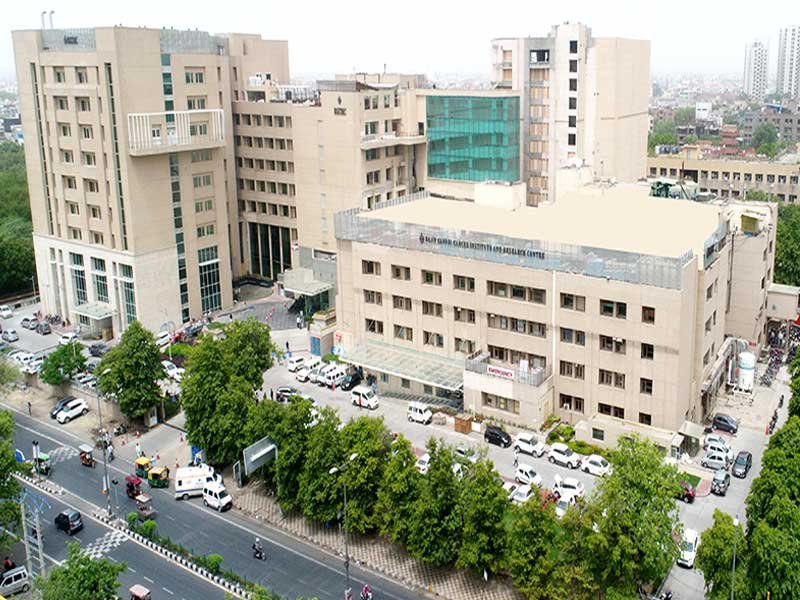
Beds: 500
New Delhi

Beds: 450
Faridabad

Beds: 675
New Delhi

Beds: 500
New Delhi

Beds: 400
Faridabad

Beds: 106
New Delhi

Beds: 495
New Delhi
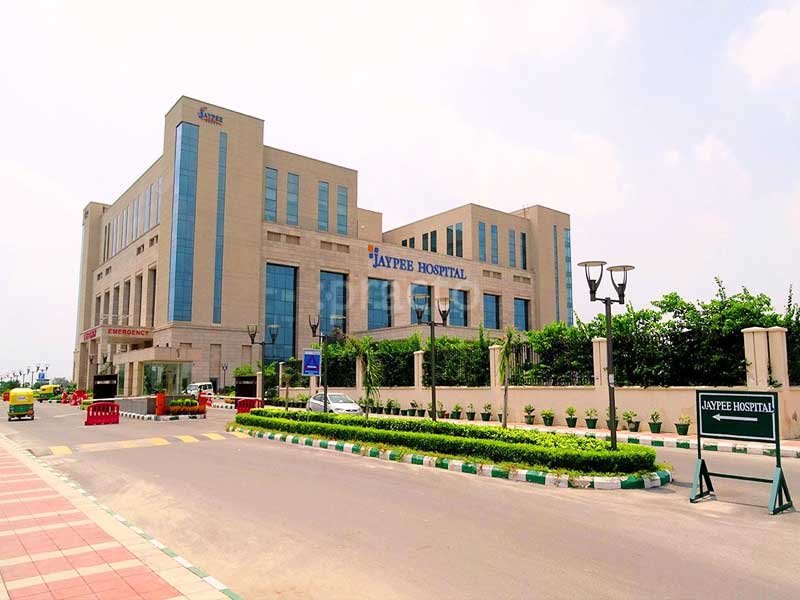
Beds: 504
Noida

Beds: 92
Gurugram

Beds: 130
New Delhi
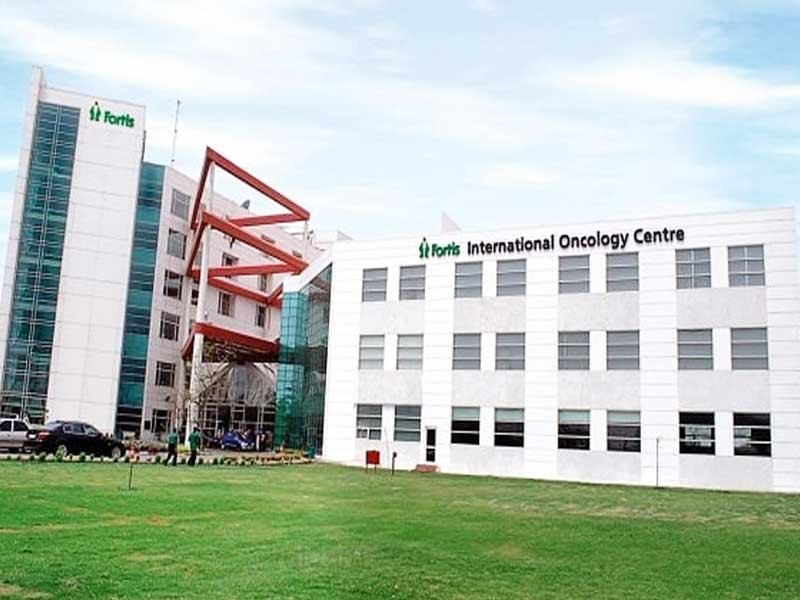
Beds: 236
Noida

Beds: 425
Faridabad

Beds: 250
Gurugram

Beds: 162
New Delhi

Beds: 111
New Delhi

Beds: 400+
New Delhi

Beds: 380
Faridabad

Beds: 250
New Delhi

Beds: 70
Gurugram

Beds: 262
New Delhi

Beds: 50
Gurugram

Beds: 325
Faridabad

Beds: 550
Gurugram

Beds: 370+
Ghaziabad

Beds: 350
Gurugram

Beds: 2600
Faridabad

Beds: 7+
New Delhi

Beds: 207
Noida

Beds: 150
Gurugram

Beds: 90
Gurugram

Beds: 450
Chennai

Beds: 560
Chennai

Beds: 400
Chennai

Beds:
Chennai
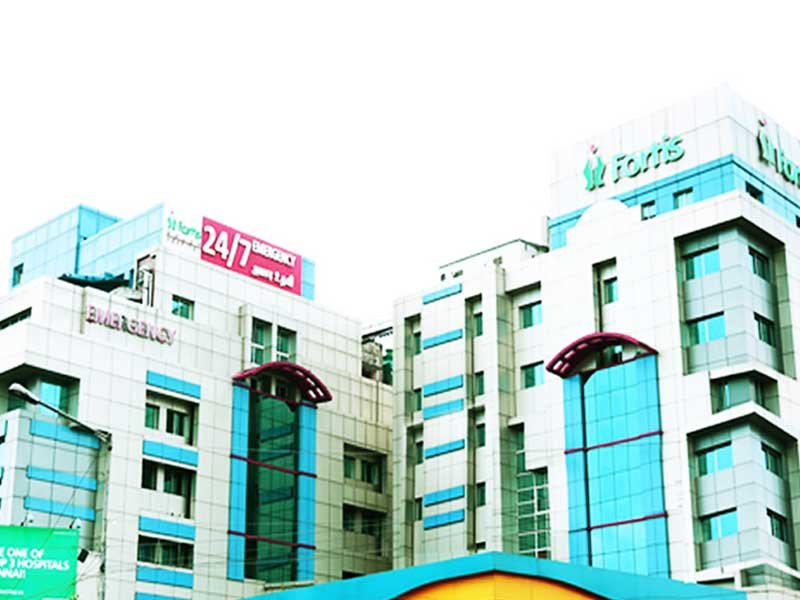
Beds: 180
Chennai

Beds: 200
Chennai

Beds: 750
Mumbai

Beds: 404
Hyderabad

Beds: 360
Chennai
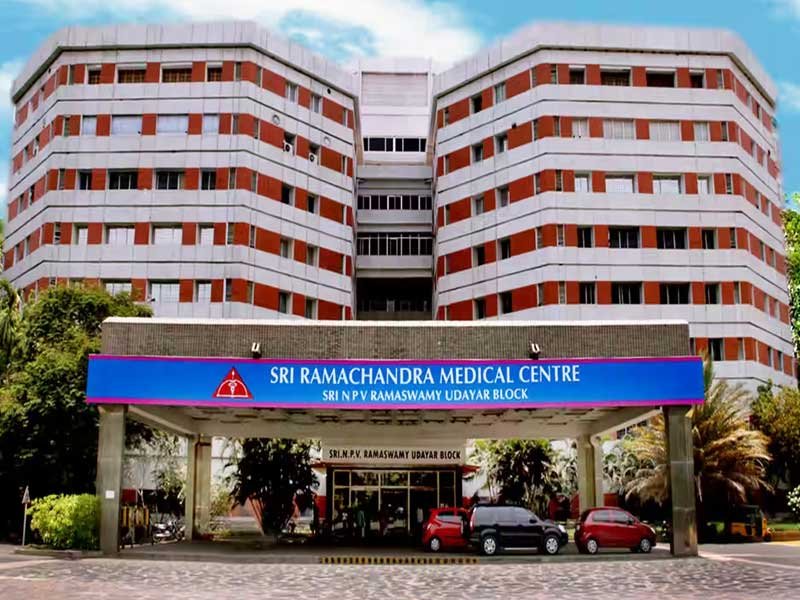
Beds: 800
Chennai

Beds: 1000
Hyderabad

Beds: 550
Hyderabad

Beds: 204
Hyderabad

Beds: 400
Hyderabad

Beds: 435
Hyderabad

Beds: 225
Hyderabad

Beds: 585
Hyderabad

Beds: 600
Pune

Beds: 350
Pune

Beds: 120
Pune

Beds: 700
Kolkata

Beds: 1300
Kochi

Beds: 600
Kochi

Beds: 670
Kochi

Beds: 510
Kochi

Beds:
Kochi
Our care team can help you.
